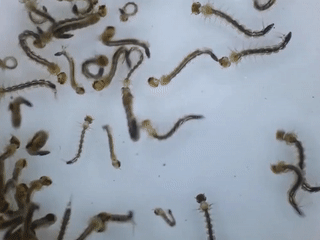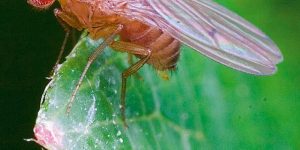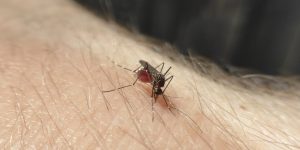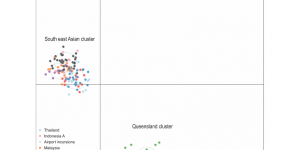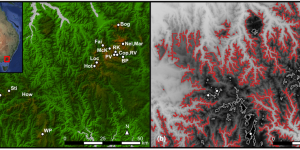Tag: endosymbionts
-
Collecting fresh mosquitoes | PEARG in the field
Words: Tom Schmidt Photos: Tom Schmidt and Perran Ross At PEARG, we have a great interest in environmental pests and how to deal with them. One of these pests is the mosquito Aedes aegypti, which causes catastrophic damage throughout the world’s tropical zone. Aedes aegypti spreads viruses such as dengue, Zika and chikungunya, and is […]blogs.unimelb.edu.au/pearg/2018/04/30/collecting-fresh-mosquitoes-pearg-in-the-field
-
The Wolbachia pandemic | Symbionts spread rapidly across highly diverged flies
Words: Perran Ross Cover photo: Andrew Weeks Wolbachia are perhaps the most prevalent bacterial symbionts on earth. Of the millions of insect species, Wolbachia are estimated to infect up to half of them. These bacteria are renowned for the effects they exert on their hosts, which can often be quite dramatic. Some Wolbachia strains are […] -
WOLBACHIA BACTERIA IN ACTION | How we’re using naturally occurring bacteria to stop mosquitoes from spreading disease
Words and images: Perran Ross Cover photo: Jason Axford Dengue is a major global health issue. It infects millions of people every year and can cause debilitating illness, inflicting joint pain, rash and fever. Without any effective vaccine, the best way to prevent dengue is to target the mosquitoes that transmit it. Dengue is spread […] -
New review | The detection and significance of emerging insecticide resistance in mosquitoes
Nancy, Andrew and Ary have a fresh review article in CSIRO’s ‘Microbiology Australia’ journal. Below is the abstract, for the full text please follow this link. Mosquito-borne arboviruses are increasing in incidence around the world. Australia enjoys some protection from pests and diseases afforded by its geographic isolation coupled with strict biosecurity control at its […] -
Fresh publications!
Climate contributes to the evolution of pesticide resistance | James Maino, Paul Umina, Ary Hoffmann Abstract The evolution of pesticide resistance through space and time is of great economic significance to modern agricultural production systems, and consequently, is often well documented. It can thus be used to dissect the evolutionary and ecological processes […]
Number of posts found: 25
